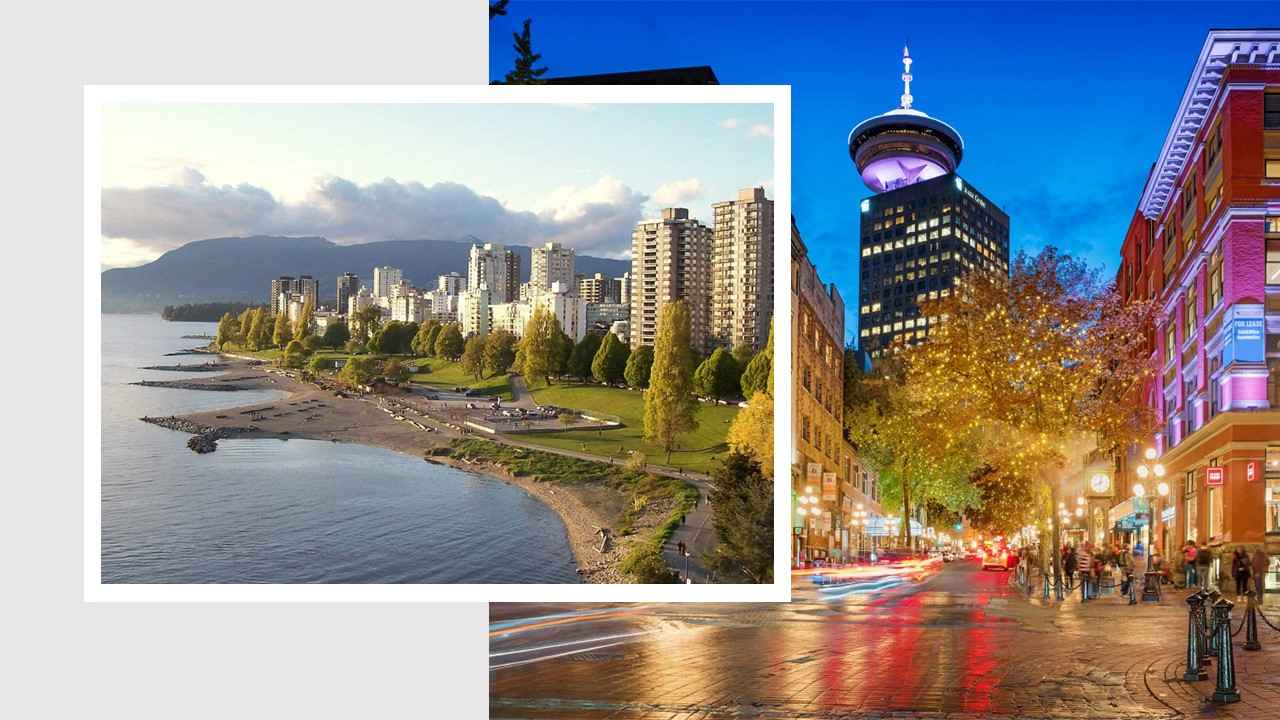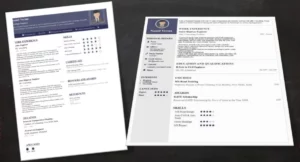Eco-City Planning in Vancouver, Canada
- By
- Pooja |
- May 22, 2023 |
- Civil Engineering, Innovation,

Table of Contents
Sustainable Building Practices and Renewable Energy Integration:
Vancouver Convention Centre: Green Roof and Energy-Efficient Design:
Green Roofs and Urban Agriculture Initiatives:
Waste Management and Recycling Programs:
Active Transportation Infrastructure:
Climate Change Mitigation and Adaptation:
Community Engagement and Collaboration:
Sustainable Building Practices and Renewable Energy Integration:
Vancouver, Canada, is known for its commitment to sustainable building practices and the integration of renewable energy sources. The city has implemented stringent building codes and regulations that promote energy efficiency, green construction materials, and innovative design techniques. Buildings in Vancouver are designed to minimize energy consumption, reduce carbon emissions, and maximize natural daylight.
Additionally, the city encourages the use of renewable energy sources such as solar panels and geothermal systems. By adopting sustainable building practices and renewable energy integration, Vancouver is setting a precedent for environmentally responsible urban development.
Vancouver Convention Centre: Green Roof and Energy-Efficient Design:
The Vancouver Convention Centre is a prime example of sustainable design and construction. The facility features a massive green roof, which serves multiple purposes, including stormwater management, insulation, and the promotion of biodiversity. The green roof also helps to reduce the urban heat island effect and improve air quality.
In addition, the Convention Centre incorporates energy-efficient design elements such as natural ventilation, energy-efficient lighting systems, and water-saving fixtures. The integration of these features demonstrates Vancouver's commitment to sustainable event hosting and showcases the city's dedication to environmental stewardship.
Olympic Village, Vancouver:
Sustainable Housing Development from the 2010 Winter Olympics: The Olympic Village in Vancouver, built for the 2010 Winter Olympics, is a sustainable housing development that has transformed into a thriving residential community. The village was designed with a focus on energy efficiency, water conservation, and green spaces.
Buildings in the Olympic Village utilize sustainable materials, energy-efficient systems, and green building practices. The development also includes community gardens, parks, and waterfront access, promoting a healthy and sustainable living environment. The success of the Olympic Village demonstrates Vancouver's ability to create sustainable communities that prioritize the well-being of residents and the environment.
Green Roofs and Urban Agriculture Initiatives:
Vancouver encourages the adoption of green roofs, which involve the installation of vegetation on the rooftops of buildings. Green roofs provide numerous benefits, including stormwater management, insulation, and improved air quality. They also contribute to urban agriculture initiatives, where rooftop spaces are used for growing food crops and promoting local food production.
Vancouver's commitment to green roofs and urban agriculture initiatives promotes sustainable food systems, reduces the city's ecological footprint, and enhances community well-being.
Read More:
- Intelligent Street Lighting System for Smart City: 10 Important Points
-
The Future is Here: Embracing Autonomous Vehicles in Transportation
Vancouver Central Library:
Rooftop Garden and Sustainability Features: The Vancouver Central Library is an architectural marvel that incorporates sustainability features and promotes environmental stewardship. The library's rooftop garden provides a green oasis in the heart of the city, offering a tranquil space for visitors and contributing to urban biodiversity.
The building itself incorporates energy-efficient systems, natural lighting, and water-saving fixtures. The library's commitment to sustainability extends beyond its physical design, as it also offers a range of educational programs and resources focused on environmental awareness and sustainable living.
Vancouver Sole Food Farms:
Urban Agriculture Transforming Vacant Lots into Farms: Sole Food Farms is an innovative urban agriculture project in Vancouver that transforms vacant lots into productive farms. By utilizing raised beds and containers, the project brings agriculture into urban areas, creating opportunities for local food production and community engagement. Sole Food Farms not only provides fresh, organic produce to local residents but also offers employment and job training opportunities for individuals facing barriers to traditional employment. The project showcases Vancouver's commitment to sustainable food systems, social inclusion, and the revitalization of urban spaces.
Waste Management and Recycling Programs:
Vancouver has implemented comprehensive waste management and recycling programs to reduce waste generation and promote a circular economy. The city has set ambitious targets for waste diversion and has implemented initiatives such as curbside recycling, organic waste composting, and educational campaigns to promote responsible waste disposal. Vancouver's commitment to waste reduction and recycling not only helps protect the environment but also contributes to resource conservation and the creation of green jobs.
Active Transportation Infrastructure:
Vancouver prioritizes active transportation infrastructure to encourage walking, cycling, and the use of public transit. The city has invested in the development of bike lanes, pedestrian-friendly streets, and an extensive public transit system. By creating safe and accessible options for active transportation, Vancouver reduces congestion, improves air quality, and promotes healthier lifestyles. The city's commitment to active transportation aligns with its vision of creating livable and sustainable neighborhoods.
Climate Change Mitigation and Adaptation:
Recognizing the urgent need to address climate change, Vancouver has implemented various measures to mitigate greenhouse gas emissions and adapt to the impacts of climate change. The city has set ambitious targets to reduce emissions and has implemented initiatives such as energy-efficient buildings, renewable energy installations, and the promotion of sustainable transportation. Vancouver is also investing in climate adaptation strategies, including flood management and resilient infrastructure. By taking proactive measures to address climate change, Vancouver demonstrates its commitment to building a sustainable and resilient city for the future.
Community Engagement and Collaboration:
Vancouver's success in eco-city planning can be attributed to its strong community engagement and collaborative approach. The city actively involves residents, businesses, and community organizations in decision-making processes, ensuring that diverse perspectives are considered.
Through public consultations, partnerships, and participatory planning, Vancouver fosters a sense of ownership and shared responsibility for the city's sustainable development. This collaborative approach strengthens community connections and empowers individuals to contribute to the city's environmental goals.
Conclusion
In conclusion, Vancouver's eco-city planning initiatives encompass a wide range of strategies and actions, including sustainable building practices, green infrastructure, waste management programs, active transportation, climate change mitigation and adaptation, and community engagement.
These initiatives collectively contribute to Vancouver's reputation as a sustainable and livable city that prioritizes environmental stewardship, social well-being, and economic prosperity. By integrating sustainability into its urban planning and development, Vancouver sets a benchmark for other cities aspiring to create environmentally sustainable and resilient communities.
Please feel free to like, share and comment.
Admin, gcelab.com Please see our Pillar Post to know why we founded gcelab.com.
Read More:

Pooja
Founder at gcelab.com, Pooja is an Entrepreneur unlocking human potential. Working in the Principles of Lean Start-up, Pooja believes in Transparency and User Happiness the most. Pooja’s background in teaching gives her a sophisticated grasp on even the most tedious aspect of course building. She is passionate about people who believe that good is not enough.
Previous Post
Different Types of Defects in Timber
Next Post




